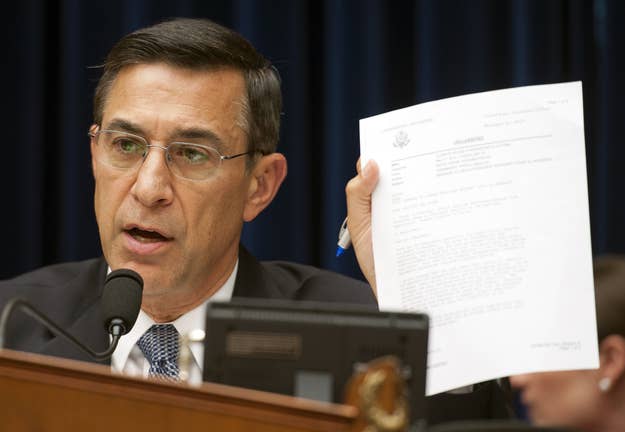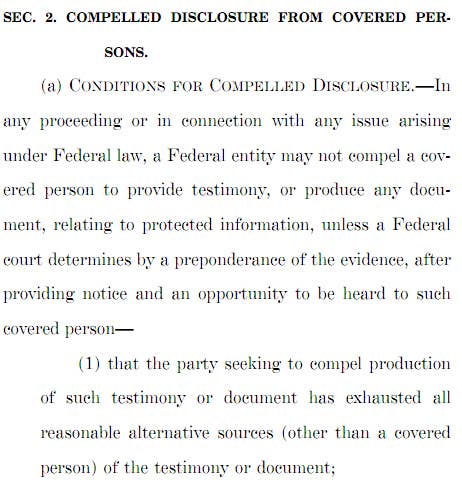
Late Monday afternoon, the AP broke the news that months worth of its telephone records had been divulged in response to a broad government subpoena. The Department of Justice issued the subpoena to the AP's telephone company, without notifying AP itself, as part of the criminal investigation of a national security leak. Investigators obtained the call logs of numerous AP reporters and editors for a period spanning April and May of 2012 as a result of the subpoena. Last Friday, the DOJ delivered a letter to the AP revealing the subpoena and the records that had been obtained as a result.
The Department of Justice told NBC News that it had acted "consistent with DOJ regulations" in obtaining the call logs. The applicable regulations do permit the DOJ to subpoena the phone records of a news organization without prior notice only if the DOJ determines that such prior notice would pose "a substantial threat to the integrity of the investigation" and the Attorney General approves.
Almost immediately, the story drew an outraged response from Congress. House Oversight and Government Reform Chairman Darrell Issa issued a statement slamming the administration. "This is obviously disturbing," Issa said. "Americans should take notice that top Obama Administration officials increasingly see themselves as above the law and emboldened by the belief that they don't have to answer to anyone. I will work with my fellow House Chairmen on an appropriate response to Obama Administration officials."
Issa didn't mention that he voted against a measure that would have protected the AP from the DOJ's subpoena in 2007. Issa was one of 21 House members who opposed the Free Flow of Information Act of 2007, a measure that would have forbidden federal investigators from compelling journalists to give evidence without first obtaining a court order. The bill included a section that specifically forbid subpoenaing journalists' phone records from "communication service providers" to the same extent that the law protected the journalists themselves.
Despite Issa's "No" vote, the bill overwhelmingly passed the House 398-21. Rep. Dana Rohrabacher, another California Republican who criticized the DOJ and the President in the wake of today's news, voted for the bill. It was defeated, however, by a Republican filibuster in the Senate the following year.
"I would say the odds are Republicans killed media shield today," Democratic Sen. Patrick Leahy said at the time. The Senate bill garnered 52 supporting votes, including five Republicans who broke ranks with their party, but the bill's supporters needed 60 votes to overcome the Republican filibuster.
Monday, Senator Leahy raised doubts in measured tones about the AP subpoena. "The burden is always on the government when they go after private information – especially information regarding the press or its confidential sources. I want to know more about this case, but on the face of it, I am concerned that the government may not have met that burden. I am very troubled by these allegations and want to hear the Government's explanation," he said.


UPDATE: The Senate roll call for the cloture vote on the Free Flow of Information Act shows that Senator Obama, who was then in the midst of his first campaign for the presidency, missed the vote. Despite his absence, Obama was a public supporter and cosponsor of that 2007 bill. In 2009, after winning the White House, Obama reversed course on a similar media shield law measure, contributing to its death in 2010.
